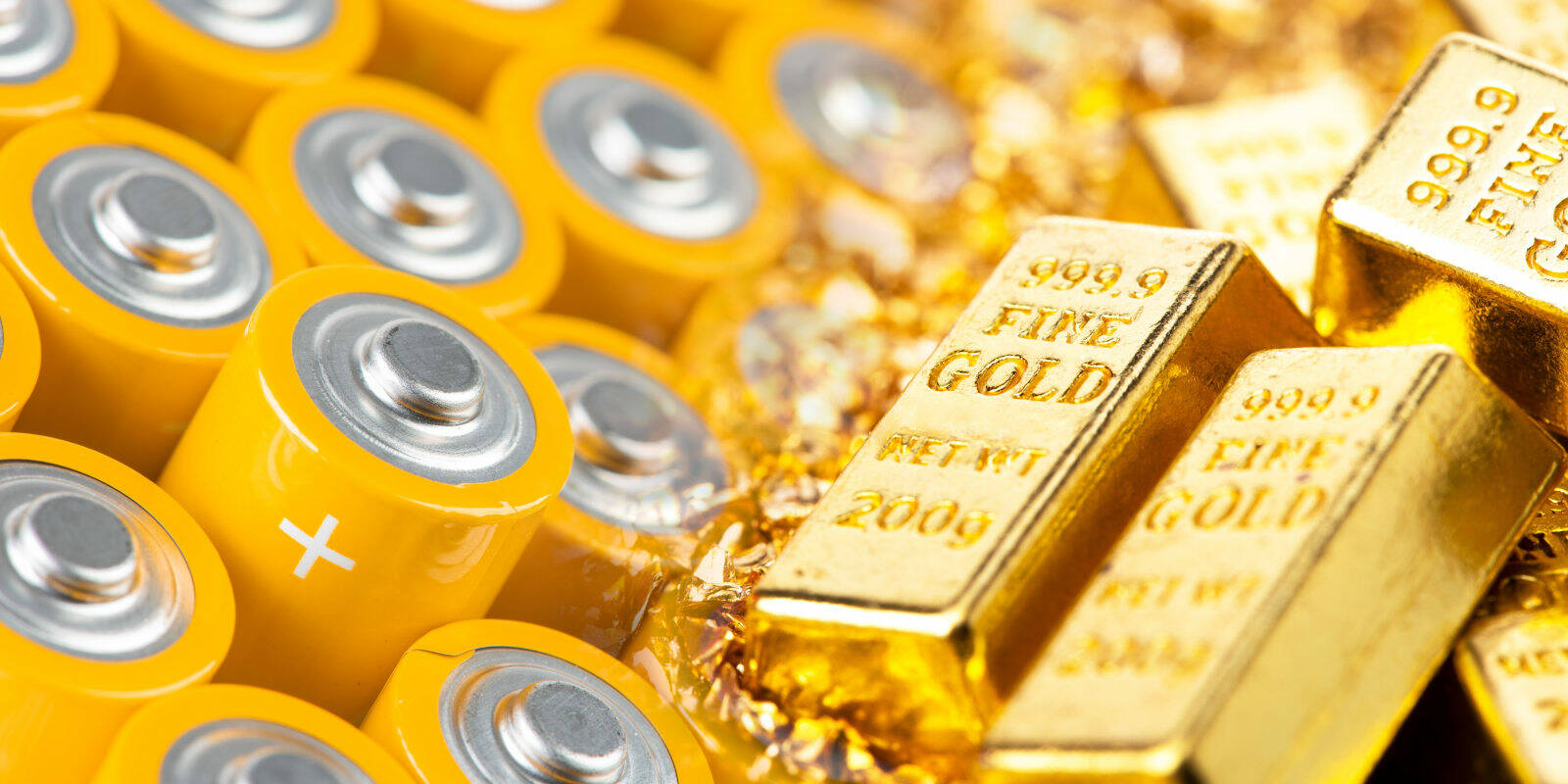White House Hopes To Power Up American Battery Factories With $3.5B Fund

The Biden administration is splurging $3.5 billion to recharge the American battery industry and increase its manufacturing output, with the Department of Energy handing out the cash.
In a funding notice announced by the DoE Wednesday, the dept's Office of Manufacturing and Energy Supply Chains (MESC) said it was seeking proposals from US-based companies to "boost domestic battery manufacturing and supply chains to effectively support the clean energy transition."
Those proposals making the grade will get a slice of the funds. And we're talking batteries suitable for electric cars and trucks as well as power supplies for homes and electronics, here.
MESC defines battery supply chains as consisting of five steps - raw material production, material processing and refinement, battery material and cell fabrication, pack assembly and recycling - all of which can apply for funding.
"Positioning the United States front and center to meet the growing demand for advanced batteries is how we boost our global competitiveness, maintain and create good-paying jobs, and strengthen our clean energy economy," said US Secretary of Energy Jennifer Granholm.
According to the DoE, the funds will prioritize next-generation battery technology and chemistry, alongside traditional lithium ion designs that are still the most popular option the world has for powering the move toward electrification.
The DoE claims that demand for electric vehicles and stationary energy storage batteries is set to increase ten fold by the end of the decade, and describes domestic production of batteries and mining of materials like lithium as a key national security goal. It's also key to the federal government's push to meet the goal of reaching net-zero emissions by 2050.
- US EV latest: GM, Hyundai compete – in battery plant announcements
- US, Mexico to align chip and lithium supply chains to amp EV production
- Lithium production needs investment to keep pace with battery demand
- US and EU looking to create 'critical minerals club' to ensure their own supplies
The funding for this and other US clean energy initiatives of late comes from the bipartisan infrastructure deal that President Biden signed into law in late 2021. Previous clean energy allotments from the bipartisan bill have included funding for electric vehicle charging infrastructure expansion and several billions spent on enticing automakers to open up new battery manufacturing plants in the American Midwest.
Of course, all the domestic manufacturing capability in the world doesn't mean anything if the materials are all being extracted overseas, but luckily for America a massive deposit of lithium was recently found in the US states of Oregon and Nevada that may be one of the world's largest deposits.
The world's energy companies have variously announced plans to ensure they don't become yesterday's fossils, too. US-based ExxonMobil, in particular, recently announced plans to start extracting lithium in Arkansas, where the corporation has already begun drilling wells. Exxon expects to be able to produce lithium from its Arkansas sites by 2027.
Lithium mining and extraction can be incredibly environmentally destructive and requires a lot of water, with around 2.2 million litres needed to produce a single ton of the stuff. Whether anyone bidding for a slice of the Biden administration's latest battery funding pie has plans to develop more sustainable methods of lithium extraction remains to be seen - applications for funding aren't due until March 2024. ®
From Chip War To Cloud War: The Next Frontier In Global Tech Competition
The global chip war, characterized by intense competition among nations and corporations for supremacy in semiconductor ... Read more
The High Stakes Of Tech Regulation: Security Risks And Market Dynamics
The influence of tech giants in the global economy continues to grow, raising crucial questions about how to balance sec... Read more
The Tyranny Of Instagram Interiors: Why It's Time To Break Free From Algorithm-Driven Aesthetics
Instagram has become a dominant force in shaping interior design trends, offering a seemingly endless stream of inspirat... Read more
The Data Crunch In AI: Strategies For Sustainability
Exploring solutions to the imminent exhaustion of internet data for AI training.As the artificial intelligence (AI) indu... Read more
Google Abandons Four-Year Effort To Remove Cookies From Chrome Browser
After four years of dedicated effort, Google has decided to abandon its plan to remove third-party cookies from its Chro... Read more
LinkedIn Embraces AI And Gamification To Drive User Engagement And Revenue
In an effort to tackle slowing revenue growth and enhance user engagement, LinkedIn is turning to artificial intelligenc... Read more

